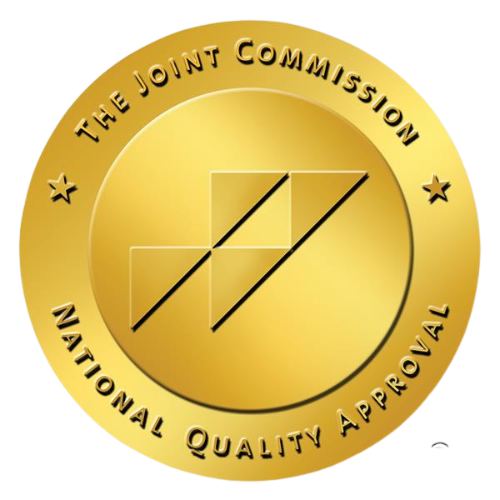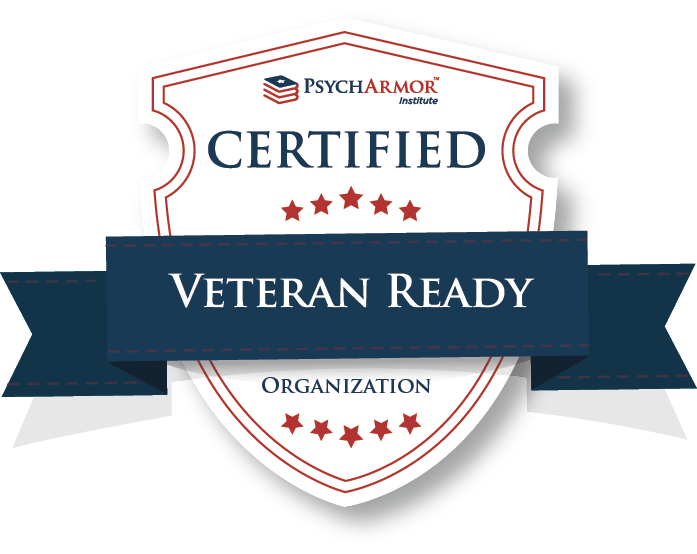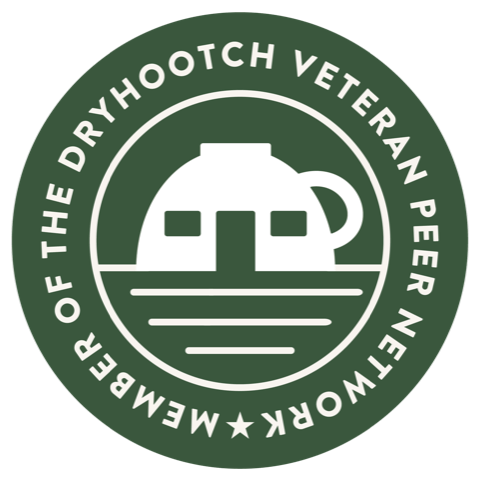Our Mission
Vets Recover – Transforming the culture of care
Mission: Vets Recover will remove barriers to care, deliver quality integrated health care, and build a better community through recovery and connection.
Vision: Vets Recover’s vision is to create a thriving community where Service Members, Veterans, First Responders, and their families are receiving the care needed to accelerate overall well-being. We are committed to building relationships and being intentional with everyone who enters our door.
Values:
-
Integrity
-
Compassion
-
Respect
Goals:
-
Removing barriers to care for veterans, first responders, and their families.
-
Building a community of recovery and connection.
-
Delivering the highest quality integrated health care and accelerating well-being.
Dear Valued Supporters,
As the CEO of Veterans Recovery Resources, I am honored to share with you the incredible impact we are making in the lives of our nation’s Veterans, First Responders, and their families who are struggling with substance abuse, PTSD, and other mental health issues.
We understand the unique challenges that these brave men and women face when they return home after serving our country or communities. The toll of their experiences can often result in profound mental health struggles and substance abuse, which can have a devastating impact on their well-being and their families.
At Veterans Recovery Resources, we are committed to providing a comprehensive and compassionate recovery program that addresses the physical, emotional, and social aspects of healing. Through our counseling, therapy, medical care, peer support, and strong sense of community, we strive to make a positive and lasting difference in the lives of those we serve.
Our team of experienced and dedicated professionals work tirelessly to provide personalized care plans and evidence-based treatments that are tailored to the unique needs of each individual. We create a safe and supportive environment where our clients can heal, rebuild their lives, and thrive once again.
However, we cannot do this important work alone. As a nonprofit organization, we rely on the generosity and support of our community to make our programs and services available to those in need. Your donations directly contribute to providing critical care to our Veterans, First Responders, and their families, offering them hope and a path to recovery.
I want to express my deepest gratitude to all of our valued supporters who have contributed to our mission. Your compassion and generosity have made a tangible and positive impact on the lives of those who have served our country and protected our communities.
Together, we can continue to make a difference in the lives of our heroes and end their war. Thank you for your unwavering support.
With heartfelt appreciation,
John Kilpatrick
CEO, Veterans Recovery Resources





